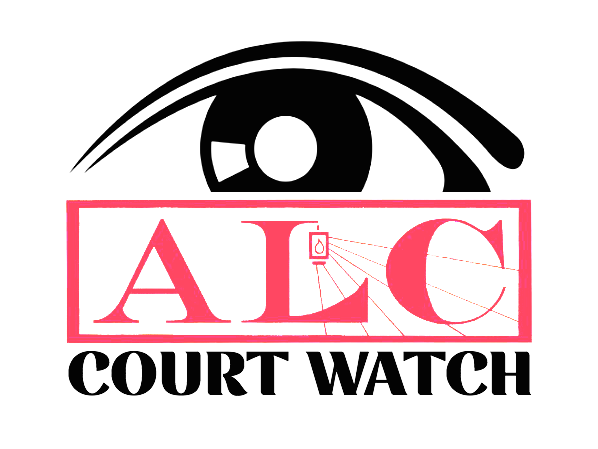Last week, Allegheny County District Attorney Stephen Zappala announced he would be seeking to charge a 15 year-old accused of attacking his teacher as an adult, explaining that “the interests of the community are best served if the matter is transferred to the adult division for trial.” Multiple news outlets describe the boy as over six feet tall and 200 pounds. This kind of physical description is a well-known racist dog-whistle. They also describe him as having a “mental disability” and as having been moved between multiple foster homes. They may as well have been describing my brother.
We adopted my brother out of foster care when he was five. He had multiple developmental disabilities, including Reactive Attachment Disorder, a particularly devastating inability to form emotional bonds (overwhelmingly represented in children who have been in the foster “care” system). He followed the trajectory of many Black children with heightened emotional needs: expelled from Kindergarten; shuffled from one special ed program to the next; kicked out of a group home. As an adult, he has been in and out of jail, prison, or rehab.
Life with my brother was painful. He was emotionally volatile. He was loud and sometimes violent: holes in the walls, tantrums that went on and on, my mother wrestling him to the ground. Trying to connect with him was like touching a tornado. We didn’t love him, and he didn’t love us. When we were both teenagers, he was over six feet tall, weighed almost 200 pounds, and he raped me.
None of these facts negate the fact that he was a child.
For a long time, I saw my brother as irreparably damaged. I believed that by the time he came to live with us, it was too late. He was ruined, both for himself and others. As an adult, reading about the portrayal of Black “crack-babies-turned-superpredators,” I had to question my own understanding of how I, as a member of a White middle-class family, interpreted the emotions and abilities of the Black child we adopted. In my mind, nothing anyone could have done would have helped him. In reality, he was only ever offered “treatment” by an inherently anti-Black school system and Psychiatric Industrial Complex. Colonial, White supremacist modes of healing are not the only ones available, and they are particularly inept at addressing the kind of harm he endured. I see now how his immersion in Whiteness caused further harm, or at the very least, didn’t help. And I now know that most of the adults responsible for his care didn’t see a child when they looked at him; Black children become adults in the White imagination long before they’ve grown.
It is true that my brother hurt me deeply. It’s true that what this teacher experienced was horrific and devastating. It’s the community’s responsibility to acknowledge our suffering, to center our needs, to offer a justice process that includes accountability and healing. I’ve never had that. But there is no model of justice and accountability in which I believe my brother belongs in prison, even less so when he was 15.
When we charge children as adults, we’re claiming their development has stopped, that they are bad apples to be tossed in the trash. We justify this by saying their actions were so violent they can only be attributed to an adult. Does that mean the adult-sized violence endured every day by millions of children makes them adults? We cannot beat, rape, and neglect our children, shuffle them through a “child welfare” system that even its own social workers acknowledge is harmful, and not expect consequences. It stands to reason that if adults do horrible things to children, some of them are in turn going to do horrible things. A child’s violent act does not give us the right to deny him childhood.
I used to say what happened wasn’t my brother’s fault because his disability made him unable to empathize, to control impulses, to think through consequences. I now realize this ableist lens, while releasing him from blame, also denies him agency. I don’t have any answers. I don’t know what accountability in a decarcerated world looks like for someone like him. I can’t address all the systems and nuances at play in one blog post. I do know that incarceration is a wound on top of a wound. The loss experienced by a child deprived of love is unimaginable to most of us. I’m not sure my brother has experienced a day of peace in his life. His community owes him the care and love that was denied him. He deserves rest. And I know that repairing the harm caused to him would be a step toward repairing my own, an acknowledgment that, while it may have been my brother’s fault, it was yours, too. You failed me in that moment, just as we all failed this teacher and this child.
Allowing ourselves to magically turn a child into an adult in order to make sense of a violent act is just another violent act. Our children have seen enough violence.

